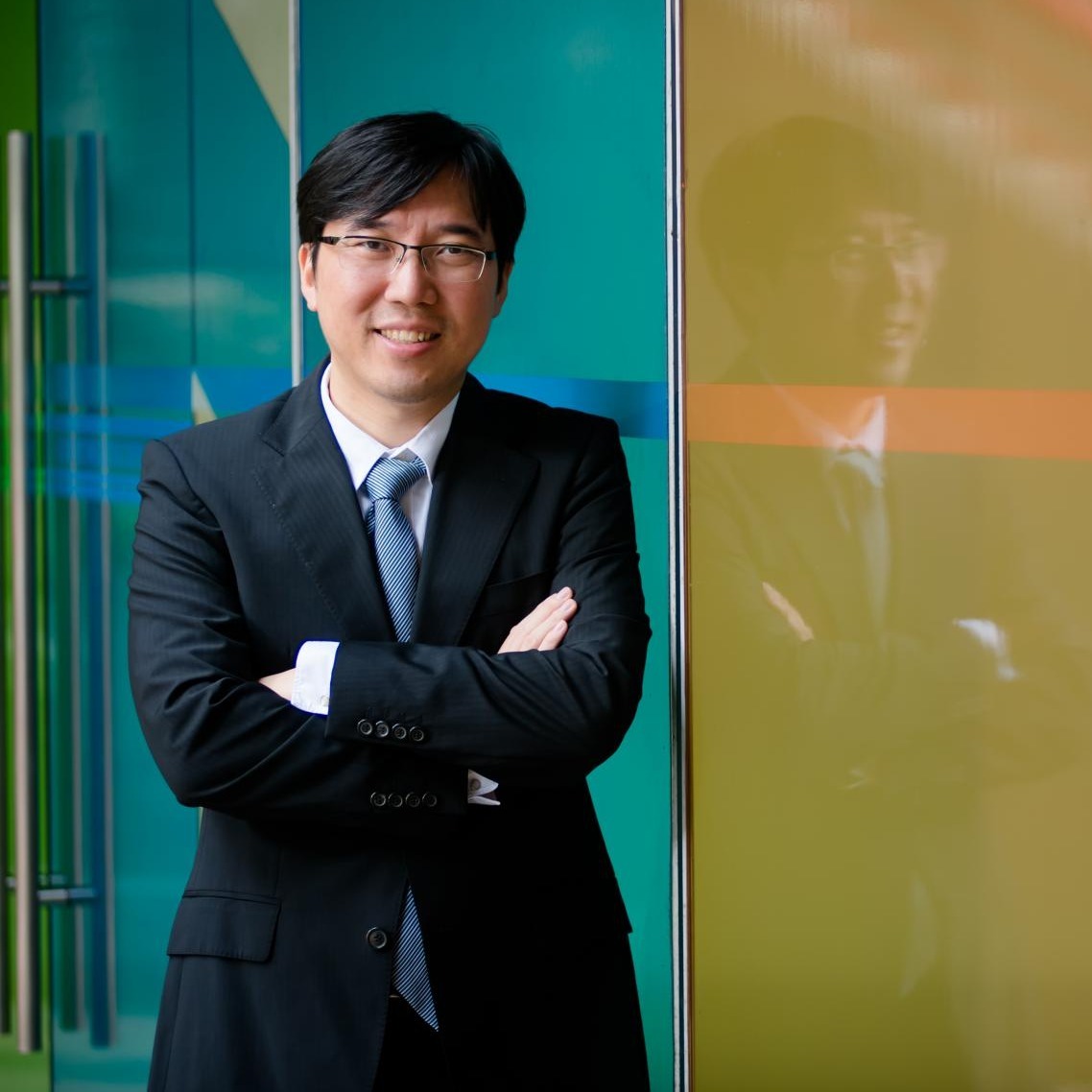
MEcon Programme Director

General Deadline
 23rd Feb,2026 Monday
23rd Feb,2026 Monday 12:00 noon (GMT +8)
12:00 noon (GMT +8)


MEcon Programme Director
Welcome to the Master of Economics Programme at HKU Business School. Below are the 5 most frequently asked questions by our applicants and we have them answered by Prof. Chen for you to catch a glimpse of the MEcon Programme.
The Theory stream provide a stepping stone for doctoral studies in economics, whilst Data Analysis offers rigorous training of data analysis for our students. The Policy Analysis stream is an ideal curriculum for understanding the making of economic policies, with a special emphasis on China.
Economics studies the workings of our economy, interactions of individuals and the impacts of institutions, which lays the foundation for understanding the fast-changing business environment. It provides us with a rigorous and coherent framework to understand human behaviour at the individual and aggregate levels.
Yes, it is totally possible. Students who choose further academic pursuit will find themselves well-prepared for PHD study at the institute of their choice afterwards.
Whilst our graduates are well-trained to meet the challenges of the emergence of Greater China and the ongoing evolution of Hong Kong as an international finance centre, our courses also blend theory with empirical learning and case studies in the context of the U.S. and European economies.
Our economists conduct both basic and applied research and publish regularly in leading academics journals. There are many opportunities to get involved in our faculty members' research agendas and get real research exposure.
Hi, this is Victor!
How may I help you today?


